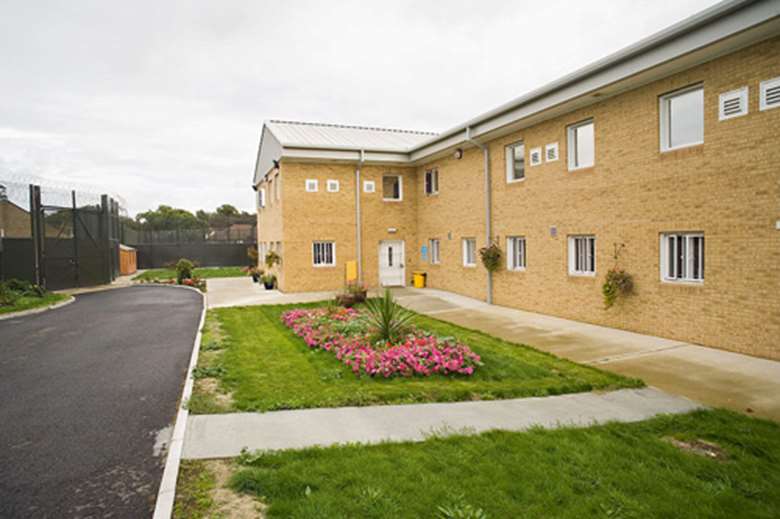Concerns over violence at YOI where 'culture of fighting is the norm'
Nina Jacobs
Tuesday, April 23, 2019
A young offender institution (YOI) has been slammed by inspectors for failing to curb high levels of violence and locking up too many children during the day.

HM Inspectorate of Prisons, Ofsted, the Care Quality Commission and General Pharmaceutical Council inspectors found in December 2018 that assaults on staff and children at Cookham Wood YOI had increased and a quarter of children spent the day locked in their cells.
The report said the institution, which cares for boys aged 15 to 18, was "insufficiently good in safety, purposeful activity and resettlement" and that only half the recommendations made since the previous inspection in 2017 had been achieved.
It also found high rates of incidents of force, compared to similar institutions, with two thirds of boys reporting that they had been physically restrained.
Inspectors said all forms of violence except fights had increased since the previous inspection: there were 95 assaults on staff, 144 on children and 58 fights recorded in the last year.
"Work to resolve conflict and reduce violence was taking place, with several initiatives showing promise.
"Levels of violence, however, remained high, despite some encouraging reduction in recent months," the report said.
The amount of time that young people spent unlocked had improved since the last visit but inspectors still found time out of cell was insufficient for too many children.
"Enough education places were provided and the range of offer was good, but attendance was still poor and the quality of teaching and assessment need improvement," inspectors said.
On average, children spent six hours out of their cell each weekday and only 12 hours in education each week.
The report highlights the case of some children that spent almost as much time each day being escorted to and from activities as they did in the activities due to "keep-apart" restrictions.
"While the reasons for this approach were clear in terms of protecting the individuals, there needed to be some new thinking about how to challenge this restrictive culture and the causes of it," it said.
- Analysis: Medway STC whistleblower calls for culture and practice reforms
- Analysis: Dealing with violence in YOIs
Responding to the findings of the report the Howard League for Penal Reform said its confidential advice line for children and young people in custody had received almost 60 calls in the last year either from or on behalf of children in Cookham Wood.
The charity said the most common concerns raised in the calls related to adjudications and segregation as well as treatment and conditions.
It cited the case of one child helped by its legal team who had been trying for three months to get telephone access so that he could call his mother.
Another 18-year-old boy in segregation called the charity to report that that he had been repeatedly refused education for being rude.
Frances Crook, the charity's chief executive, said: "No prison is safe for a child, and it is shameful that boys as young as 15 are still being locked up in Cookham Wood, where a ‘culture of fighting' has become the norm.
"What children need is a culture of care - something that a prison cannot provide, no matter how well-led it might be. Everyone knows this, so why are children still being sent there?"
According to a survey by inspectors the children's perception of safety had improved with only 10 per cent reported feeling unsafe, compared with 25 per cent at the last visit.
Most boys told inspectors they felt respected by staff, who had shown care and compassion despite the relative inexperience of many.
"Overall, we believed Cookham Wood to be an institution that was progressing but not yet to the point where this could be recognised in our healthy prison assessments," it states.
"The institution was nevertheless well led by a governor and team that seemed receptive to innovative ideas and were working hard to support a relatively inexperienced staff group to grow in confidence and competence."
A key recommendation was to improve processes for collecting and analysing data on violence.
The report also said children should be able to access 10 hours out of their cell each day and those who need to be separated for their own or others' safety should be accommodated in a positive environment that provides them with a constructive regime.




